There Is No “I” In Team… or Is There???
Being a firefighter we have been made aware numerous times that our job is inherently a team sport. Inside team, outside team, nozzle team, forcible entry team and rapid intervention team are just some of the terms we hear on a regular basis. Being part of a team means we are not supposed to think of ourselves, which is where the phrase “there is no “I” in team” is derived.
However, a team is only as good as its’ weakest member. So we need to take a look at ourselves and ask, “am ‘I’ giving a hundred percent to make this team as strong as possible?”
We do this by looking at three key areas.
Know Our Job
There are many jobs to know in the fire service and we need to know them all. Each tour or each alarm we may find ourselves riding a different position on the apparatus. Today we might have the can on the truck and tomorrow it might be the control man on the engine. Each job not only has its unique set of tools but also its’ own individual skill set that must accompany it.
Here are a few simple questions to ask yourself to help you determine how well you know your position…
1) What tools do I take?
2) Where on the apparatus can they be found?
3) After I have my tools do I know where to go? (Ex. Front door or do I loop the building?)
4) What tasks am I expected to perform as part of my position?
Asking yourself these four questions will enable you to determine how well you know your job, if you cannot answer any of these it’s time to take it up a notch.
Know Our Tools
I am sure you know the difference between a Halligan and a water can. The point here is we need to have a working knowledge of every piece of equipment we need to perform our job effectively. Speaking on this topic to a group of relatively new members one day I was asked, “Chief if I am on an engine how complicated can a hose be?”
Interesting point, however hose is not the only tool a member of an engine company needs to perform their job. Did you check your SCBA to make sure the cylinder was full and that it was functioning properly? Is your hand light working? Do you have chocks in your pockets and do you know how to use them properly?
Like so many things, so much are more complicated than we initially think. Think about how many tools are on your apparatus, if you cannot teach someone how to use every one of them it’s time you spent some quality time learning more about them and their functions.
Know Ourselves
The third factor in making sure your team is ready is to know yourself. You get off the rig, have your tools, know what you are going to do but if we are basically exhausted by the time we reach the front door what good are we? Taking care of ourselves is an important factor in making sure our team is ready to succeed.
Physical fitness is an area so overlooked by many of us even though cardiac events are still what kill us the most often. If we need to lose some weight let’s make better food choices. If we need to do some strength and cardio to perform our best let’s do it. Visit the health and fitness section of this site to learn more about making yourself mentally and physically ready to succeed, it’s a decision that will pay you back for years to come.
By looking at these three areas you can see there really is an “I” in team.
Firefighting is inherently dangerous work. By knowing our tools, knowing our job and knowing ourselves we are making this job more efficient and safe not only for us but for everyone on the fire ground.
Look in a mirror and ask yourself am “I” ready to hold up my end of the team the next time my rig rolls out the door? If the answer is no, begin the change today.


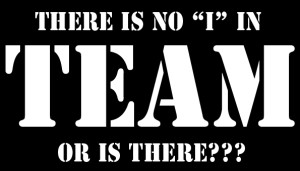
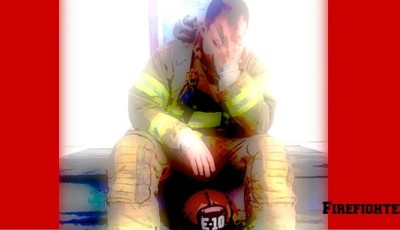
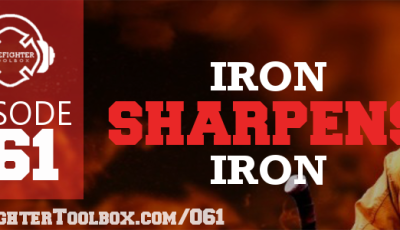
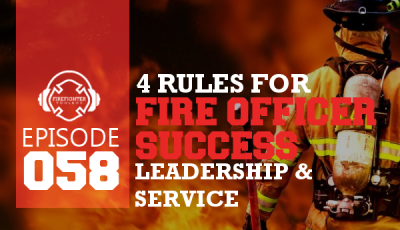
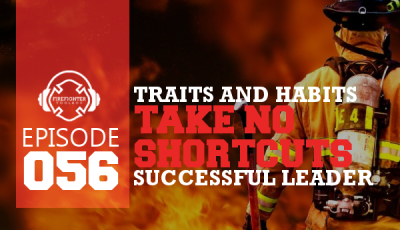

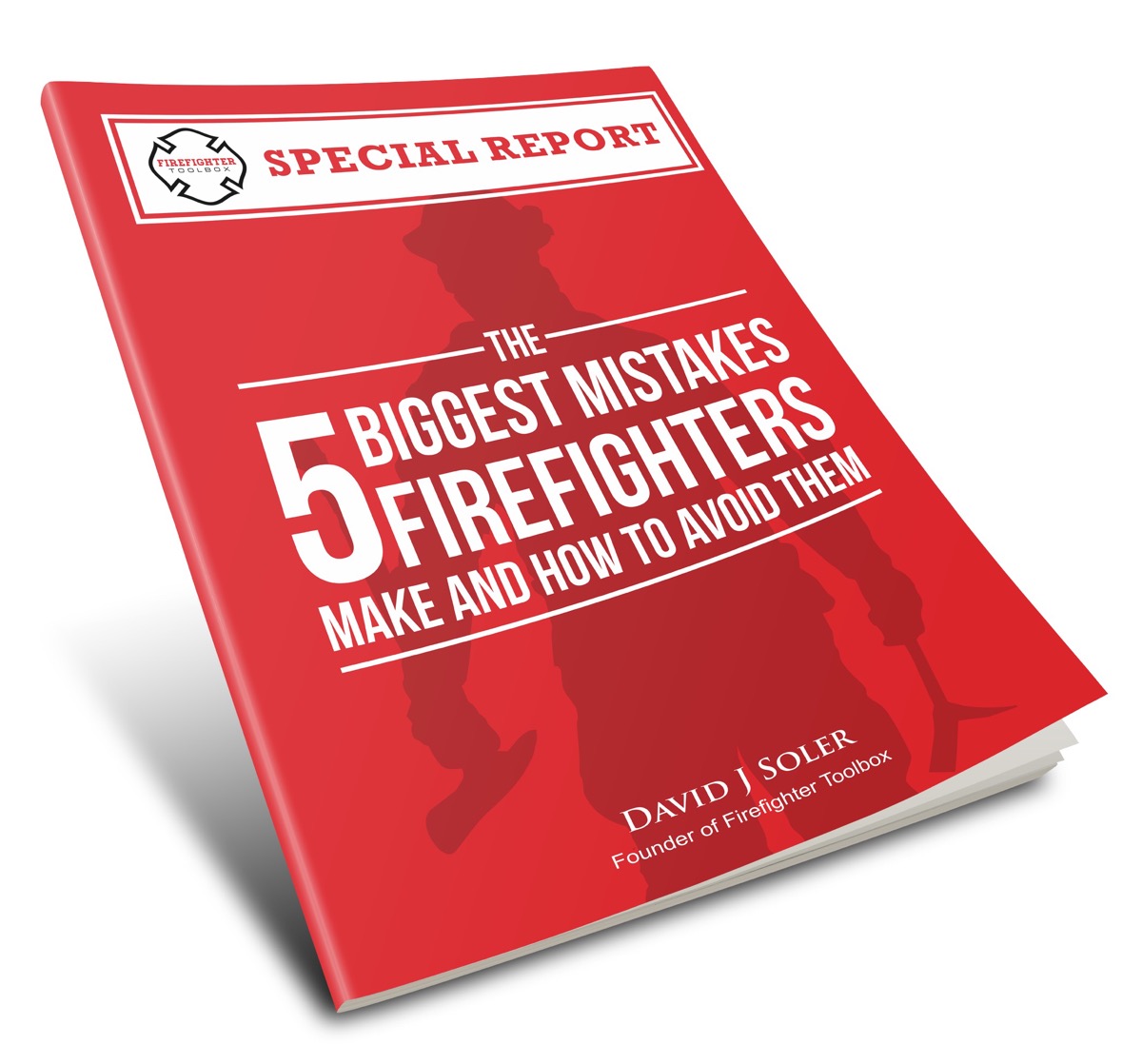



Excellent article and food for thought for every FF. Keep the information flowing!!
in the category of know yourself, you also need to know your skill level. I’ve noticed it’s common place for firefighters to accept a position or assignment, but are not truly confident with their ability. Many people are not forthright in their abilities which lead to the team trusting a certain member to complete their assignment, only to be let down and threaten mission and life safety.